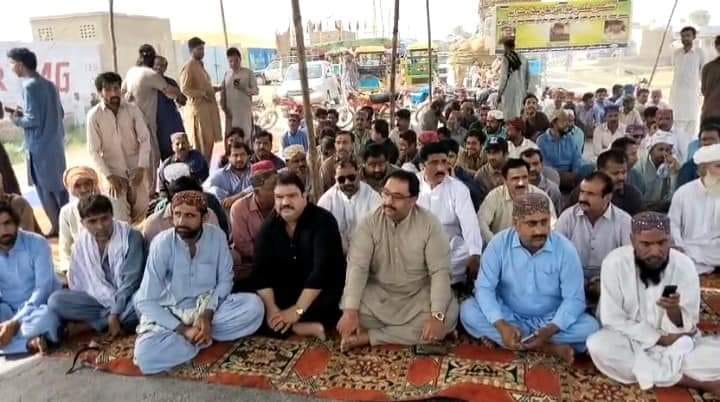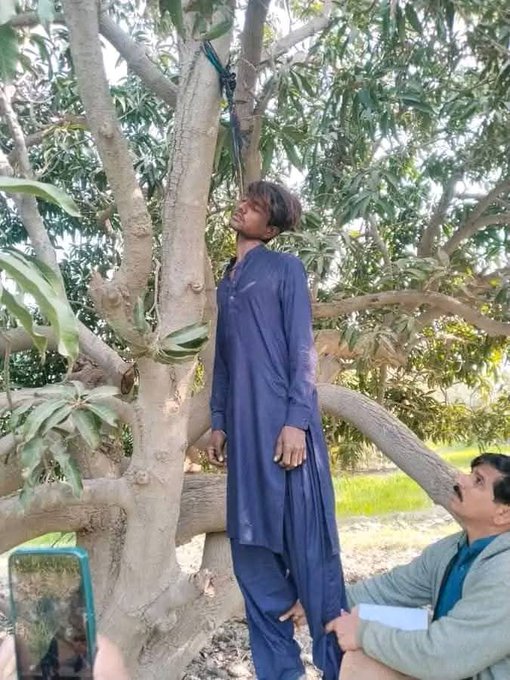Introduction
Religious minorities in Pakistan, particularly Christians, have long faced systemic discrimination, violence, and injustice. Recent reports from Punjab, Pakistan, have once again brought to light the harrowing experiences of young Christian girls who are subjected to abduction, sexual violence, and forced conversion. These incidents are not isolated; they are part of a broader pattern of religious persecution that continues to threaten the safety and dignity of minority communities across the country.
A Disturbing Pattern of Abuse
While the specific claim that local police themselves abducted, raped, and forcibly converted a Christian girl in Punjab is not corroborated by major international news agencies, there are well-documented and credible reports of similar abuses involving both private individuals and, at times, the complicity or negligence of law enforcement officials.For example, in a recent case from Chak No. 42 village, Sangla Hill, Nankana Sahib District, Punjab, Sheeza Intikhab, a 20-year-old Catholic woman, was gang-raped by three men in her home. The local police delayed registering her complaint and pressured her to withdraw the case, highlighting the systemic barriers to justice faced by Christian victims
. In another case, a 15-year-old Christian girl was kidnapped, forcibly converted, and married to a Muslim man. She was later returned to her parents while four months pregnant, underscoring the trauma and long-term consequences of such crimes.
The Broader Context: Religious Persecution in Pakistan
Forced Conversions and Marriages
Human rights organizations estimate that over 1,000 Christian, Hindu, and Sikh girls are abducted each year in Pakistan, with many being forcibly convertd to Islam and married against their will
. The Human Rights Commission of Pakistan (HRCP) has repeatedly raised alarms about these incidents, noting that forced conversions are a significant and persistent issue in the country.
Legal and Societal Discrimination
Pakistan’s legal framework, while providing for religious freedom in its constitution, is undermined by blasphemy laws and other discriminatory statutes. These laws are frequently misused to target religious minorities, often resulting in lengthy imprisonments, death sentences, or mob violence based on little or no evidence .
The judicial and police systems are often criticized for failing to protect minorities and, in some cases, for being complicit in their persecution.
Police Accountability and Oversight
The police system in Pakistan has deep-rooted issues stemming from its colonial legacy, including a lack of effective oversight and accountability. Internal mechanisms for police accountability are often weak, and external civilian oversight is inconsistently implemented. This environment allows for abuses of power and, at times, direct or indirect involvement in crimes against minorities.
International Response and Advocacy
The international community has repeatedly expressed concern over the state of religious freedom in Pakistan. The United States has designated Pakistan as a “Country of Particular Concern” due to severe violations of religious freedom, and the United Nations has called for the repeal or amendment of discriminatory laws.
Despite these calls, meaningful change on the ground remains elusive, and victims continue to face significant barriers to justice.
A Call to Action
The stories of Christian girls in Punjab and across Pakistan are a stark reminder of the urgent need for reform and protection. It is imperative for the Pakistani government to:
- Enforce laws that protect all citizens, regardless of religion.
- Ensure that police and judicial systems are held accountable for negligence or complicity in crimes against minorities.
- Implement effective oversight mechanisms to prevent abuse of power by law enforcement.
- Provide support and protection to victims of religious persecution and violence.
Conclusion
The ongoing persecution of Christian girls in Punjab, Pakistan, is a grave human rights issue that demands immediate attention and action. The international community, civil society, and concerned individuals must continue to raise their voices for justice and protection for these vulnerable communities. Only through sustained advocacy and systemic reform can Pakistan hope to provide true justice and security for all its citizens, regardless of faith.
For more updates and detailed coverage of this case and other issues affecting the Hindu and Sindhi communities in Sindh, Pakistan, stay tuned to Sindh Renaissance.






